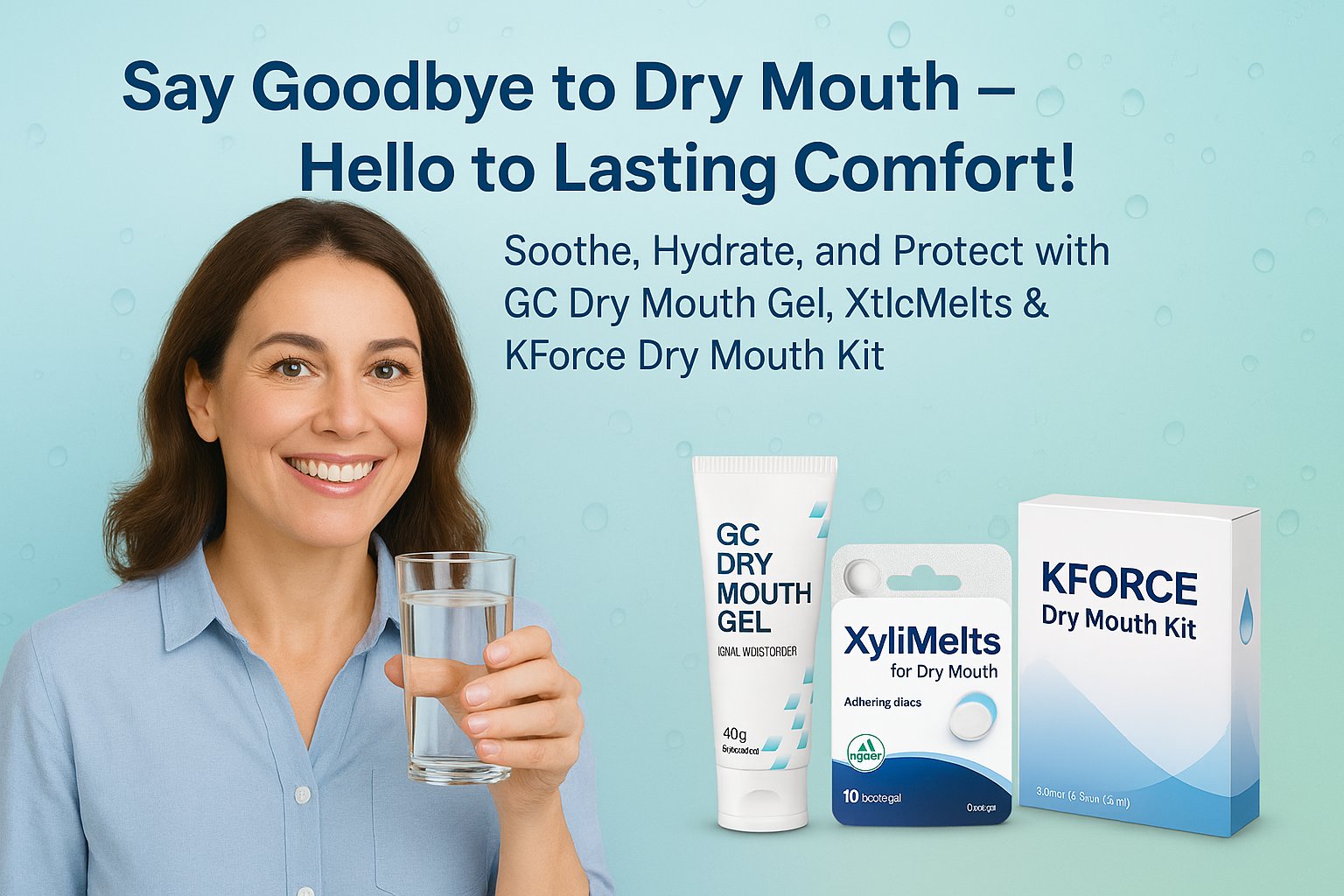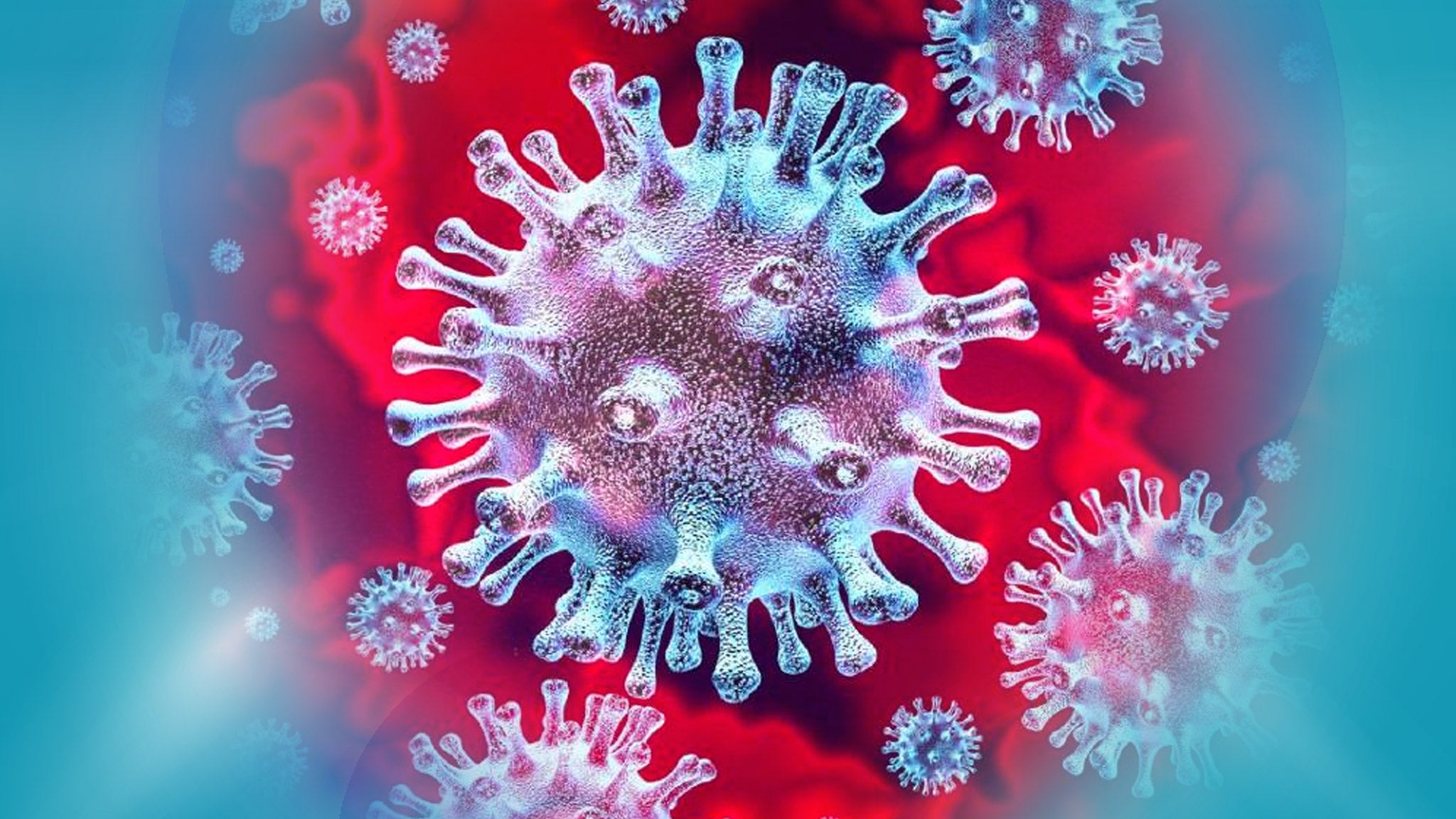Dry Mouth: Why It Happens and What You Can Do
Dry mouth, medically known as xerostomia, occurs when your salivary glands don’t produce enough saliva to keep your mouth moist. Saliva is essential for oral health—it helps moisten and cleanse your mouth, aids digestion, and controls bacteria and fungi that can cause infections. When saliva production drops, your mouth feels dry and uncomfortable, making it difficult to chew, swallow, or speak.
Why Does Dry Mouth Happen?
Several factors can cause dry mouth:
- Medications: Many common drugs, including those for depression, anxiety, high blood pressure, allergies, and Parkinson’s disease, list dry mouth as a side effect.
- Medical Conditions: Diseases like Sjögren’s syndrome, diabetes, HIV/AIDS, and rheumatoid arthritis can reduce saliva production.
- Cancer Treatments: Radiation or chemotherapy targeting the head and neck can damage salivary glands, leading to dry mouth.
- Nerve Damage: Injuries or surgeries affecting nerves in the head or neck may impair saliva production.
- Lifestyle Factors: Smoking, chewing tobacco, alcohol consumption, and breathing through your mouth can worsen dryness.
- Dehydration and Other Causes: Fever, excessive sweating, vomiting, or diarrhoea can reduce saliva due to fluid loss.
Why Is Managing Dry Mouth Important?
Without enough saliva, your risk of tooth decay, gum disease, mouth sores, and fungal infections increases significantly. Saliva also helps keep your breath fresh, so dry mouth can contribute to bad breath. Maintaining good oral hygiene is crucial if you experience dry mouth—brush twice daily with fluoride toothpaste, tongue clean, floss regularly, and visit your dentist every six months.
What Can You Do to Relieve Dry Mouth?
There are many effective ways to manage dry mouth symptoms:
- Stay Hydrated: Sip water throughout the day to keep your mouth moist.
- Use a Humidifier: Adding moisture to the air, especially at night, can alleviate dryness.
- Saliva Substitutes and Mouth Gels: Over-the-counter products like GC Dry Mouth Gel provide lubrication and help retain moisture in your mouth. These gels often contain ingredients like xylitol, which stimulate saliva production.
- OraCoat XyliMelts: These are adhesive discs placed on your gums that slowly release xylitol to stimulate saliva and soothe dry mouth, especially useful during sleep.
- KForce Dry Mouth Kit: This comprehensive kit includes various products designed to hydrate and protect your mouth tissues, offering relief throughout the day.
- Recaldent Chewing Gum: Chewing Recaldent gum containing xylitol can encourage natural saliva flow.
- Avoid Irritants: Limit intake of caffeine and alcohol, avoid tobacco, and choose alcohol-free mouthwashes to prevent further drying.
- Moisturise While Eating: Sip water between bites and add sauces or gravies to your food to ease swallowing.
- Other Remedies: Some find relief using frozen melon slices, nasal sprays, or even acupuncture, though these may require consultation with your healthcare provider.
When to See a Professional
If dry mouth persists, it’s important to consult your dentist or doctor to identify the underlying cause and explore prescription options, such as pilocarpine medications that stimulate saliva production. Early intervention can prevent complications and improve your quality of life.
Dry mouth is a common but manageable condition. With the right knowledge and products like GC Dry Mouth Gel, OraCoat XyliMelts, and the KForce Dry Mouth Kit, you can keep your mouth comfortable, healthy, and hydrated. For personalized advice and quality oral care products, visit BreezeCare Oral Health.
Keywords: dry mouth, xerostomia, mouth gel, GC Dry Mouth Gel, OraCoat XyliMelts, KForce Dry Mouth Kit











